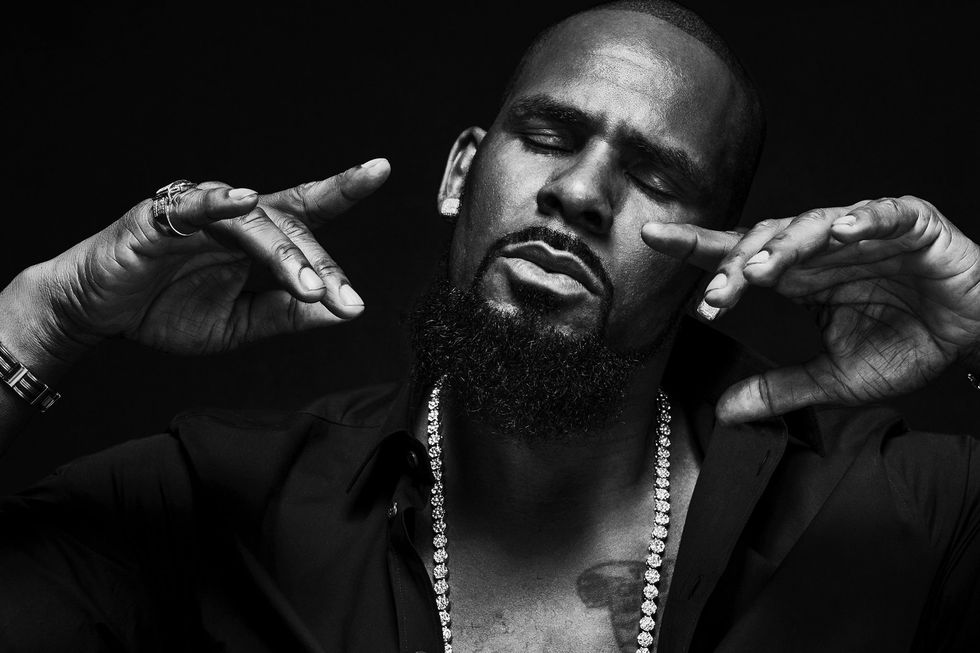If you were looking at your Friday Feeling playlist on Spotify you may have noticed that the popular song “Remix to Ignition” is absent. Spotify has recently adopted a policy against content that “expressly and principally promotes, advocates, or incites hatred or violence against a group or individual based on characteristics, including, race, religion, gender identity, sex, ethnicity, nationality, sexual orientation, veteran status, or disability.”
Artists that Spotify classifies within these guidelines have not been removed from Spotify entirely, but have been removed from automatically generated playlists. This may not seem harsh, but Spotify is a playlist based service. This move isn’t surprising in the wake of a more socially responsible climate, but it does raise questions with few answers.
The most obvious question is where does this censorship end, but a more interesting question is where does it start? Both R. Kelly and artist XXXTentacion have been removed as of now, but both have been removed only for alleged (although likely true) claims against them, and nothing they have been convicted for.
Chris Brown, on the other hand, was convicted for domestic abuse in 2009 for beating his then-girlfriend Rihanna. Though Spotify is by no means bound to the law system, and R. Kelly is a morally bad man to be sure, one would think that a well-known abuser would at least be included on the list of rappers they are trying to bring down.
One has to ask why Spotify has even taken this approach. It seems much more effective to stay apolitical and allow users to block whoever they please (whether it be for criminal activity or for terrible music), but that is currently not an option offered by the streaming service. Their process of removing the artist from auto-generated playlists is also only a half measure, not even removing the artists from personal playlists or from the service altogether. They have kept their criteria broad and have likely left many artists with similar or worse charges worrying about who is next.
The women’s group Ultraviolet is in support of this measure and has demanded that Spotify remove more artists that fall into the aforementioned criteria. These artists listed include The Red Hot Chili Peppers, Steven Tyler, Nelly, Eminem, and more. These artists represent a mix of convictions and accusations against them. They also show how complicated a move Spotify has made, with so many artists being accused or convicted over the years.
Though the artists that have been removed on accusational grounds have had the cases against them cut fairly clearly, the line hasn’t yet been drawn. It has been shown that socially responsible companies fare better than those who aren't socially responsible, though Spotify’s half-measure hasn’t done anything but stir up controversy in the media and make people ask for the same measures to be applied to other, more popular artists.


















